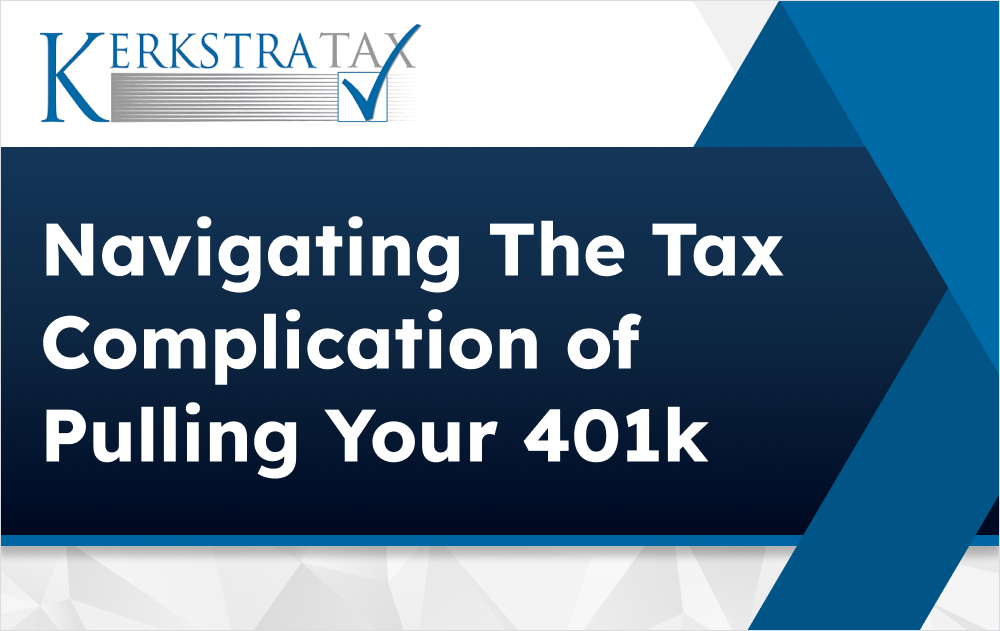The party is over. For over a decade, the IRS has been underfunded, resulting in hiring freezes and an inability to perform enough audits to make an impression on taxpayers. Audit rates from 2010 to the last several years dropped by more than 80% for taxpayers with $200,000 of income and higher. Audit rates are currently less than 1%. That is all changing now!
In an IRS press release today, January 12, 2024, IRS Commissioner Danny Werfel said, in part, “The IRS continues to increase scrutiny on high-income taxpayers as we work to reverse the historically low audit rates and limited focus that the wealthiest individuals and organizations faced in the years that predated the Inflation Reduction Act. We are adding staff and technology to ensure that taxpayers with the highest income, including partnerships, large corporations, and millionaires and billionaires, pay what is legally owed under federal law,” Werfel said. “At the same time, we are focused on improving our taxpayer service for hard-working taxpayers, offering them more in-person and online resources as part of our effort to deliver another successful tax season in 2024. The additional resources the IRS has received are making a difference for taxpayers, and we plan to build on these improvements in the months ahead.”
Okay, so the IRS has more money; maybe your chance of not being audited is still pretty good. No, something else is at play that will increase your chance of being audited. The Tax Reduction and Jobs Act took away all miscellaneous deductions and limited deductions for state and local taxes. Additionally, the law raised the standard deduction. The result of these changes was that approximately 40 million Americans no longer itemize their deductions. That means there are 40 million fewer returns that have to be audited.
With more staff, better computer resources, and far fewer itemized returns, your chances of being audited have increased exponentially. Generally, the statute of limitations for an audit is three years from the date of filing, which means that currently, most tax returns from 2020, 2021, and 2022 are still subject to audit. Be aware that the statute of limitations does not apply in cases of fraud. Forewarned is forearmed. File on time and make sure your return is properly documented.

 (909) 946-1000
(909) 946-1000





